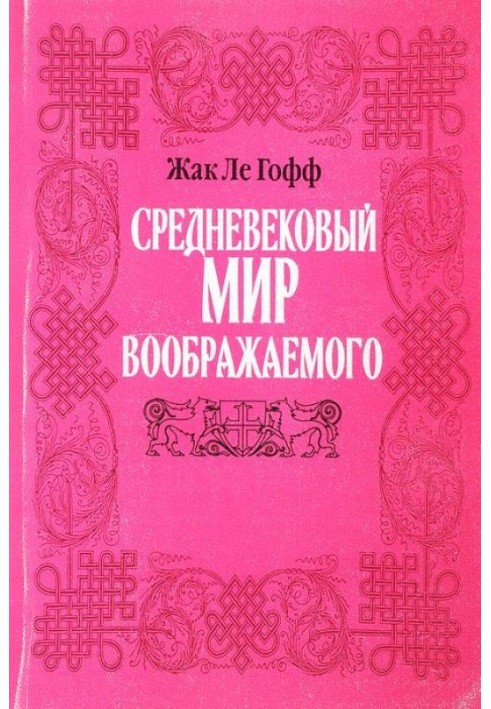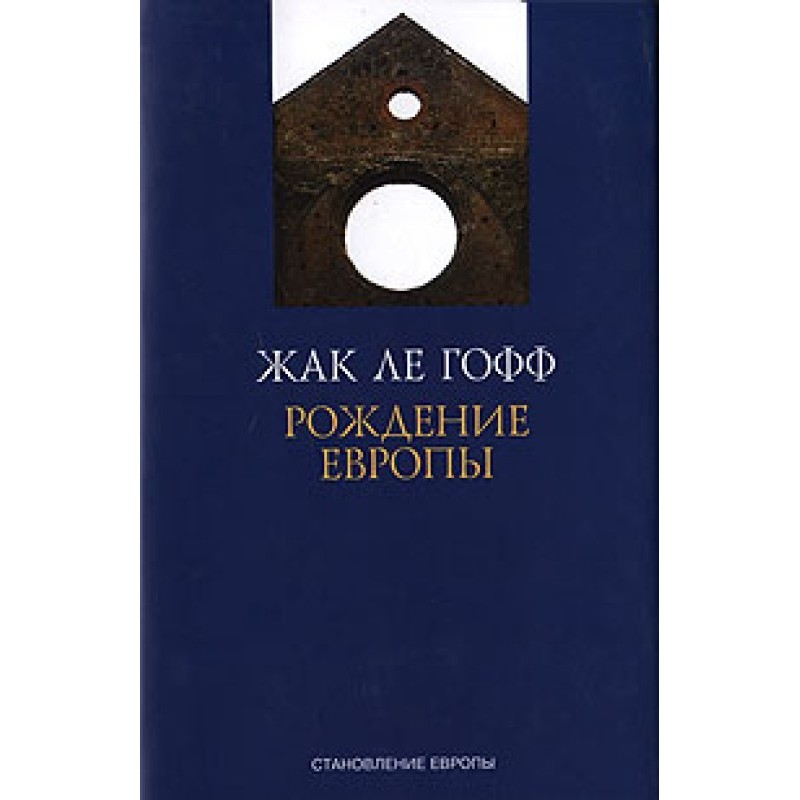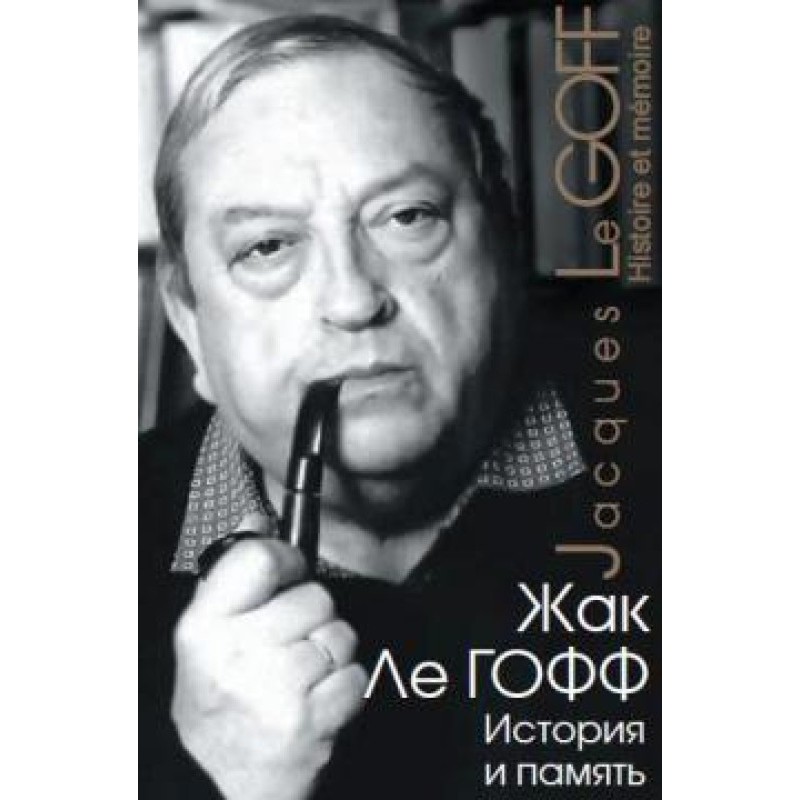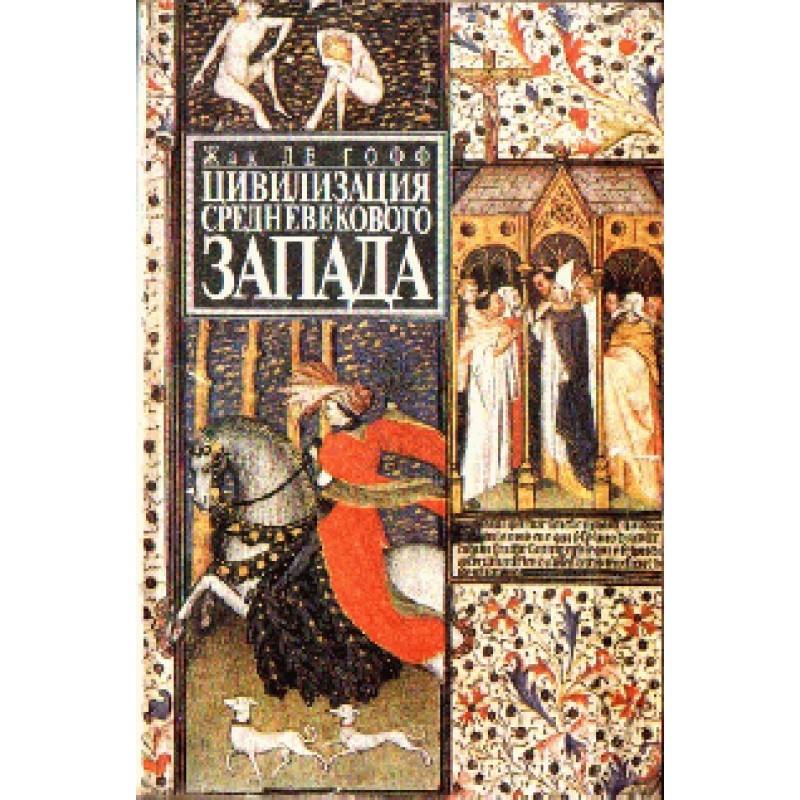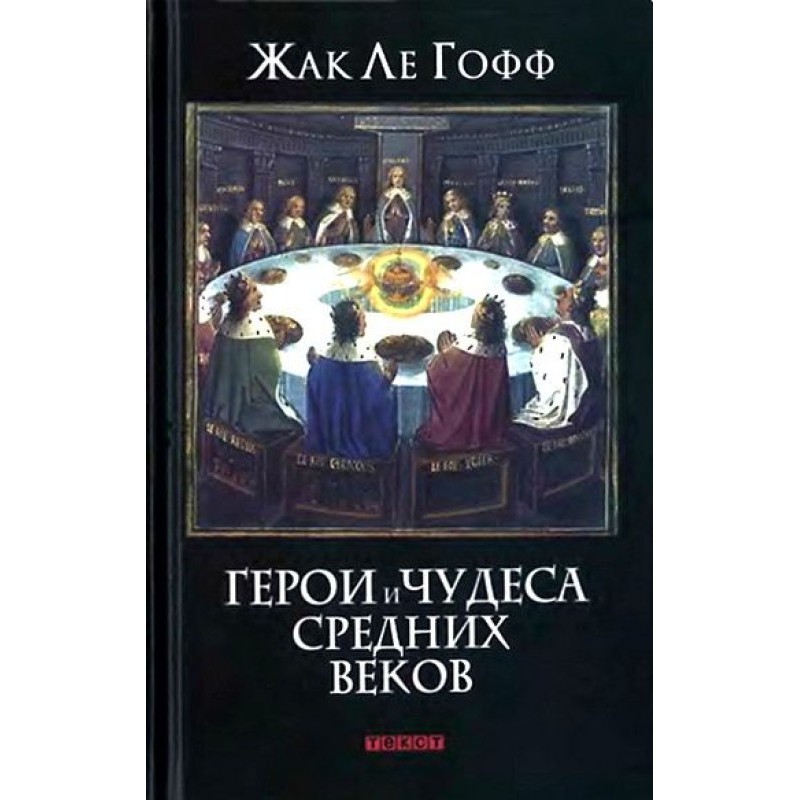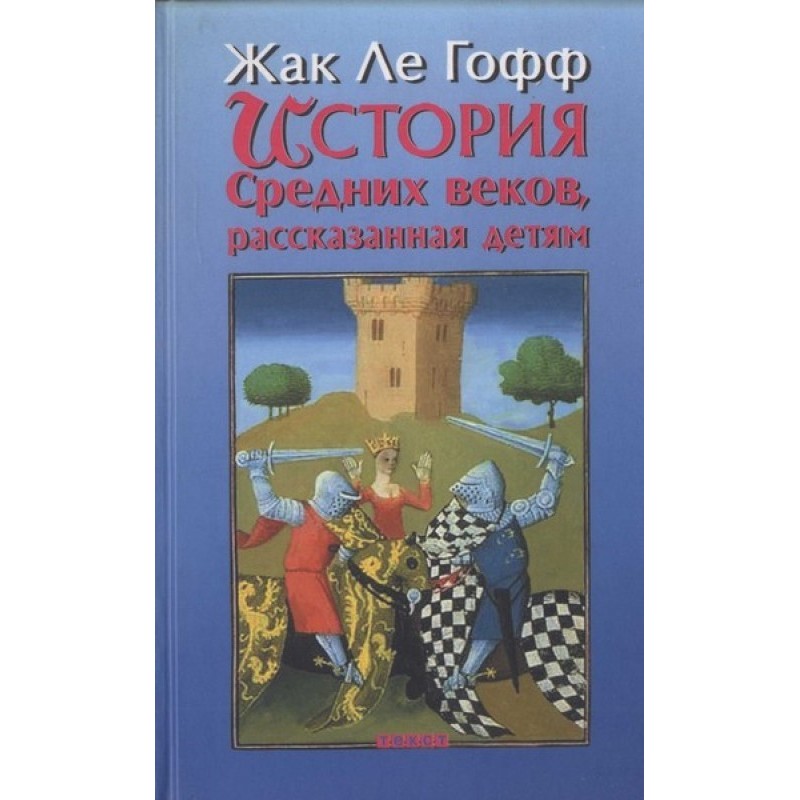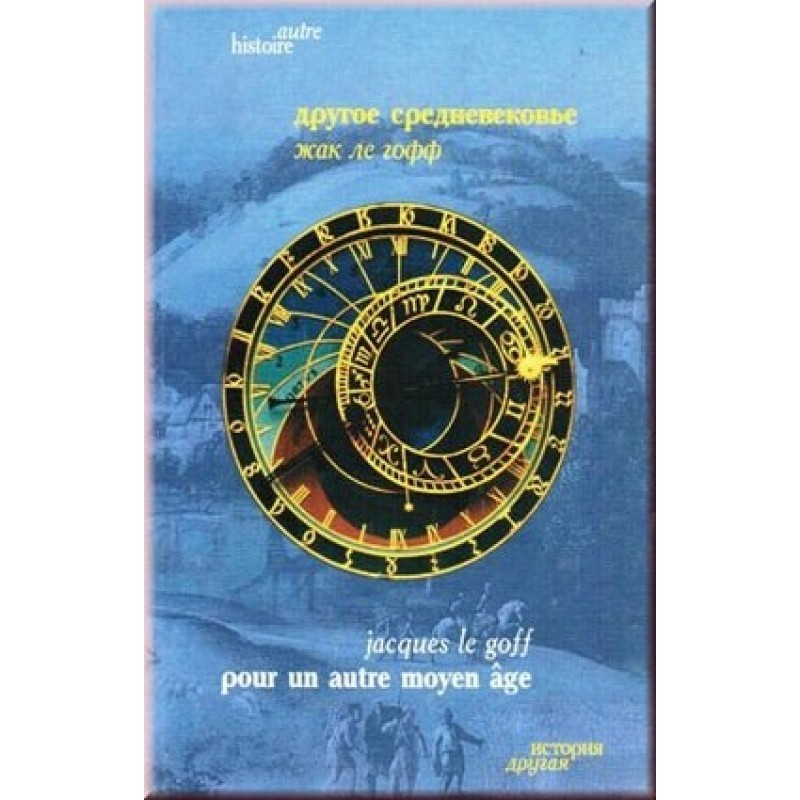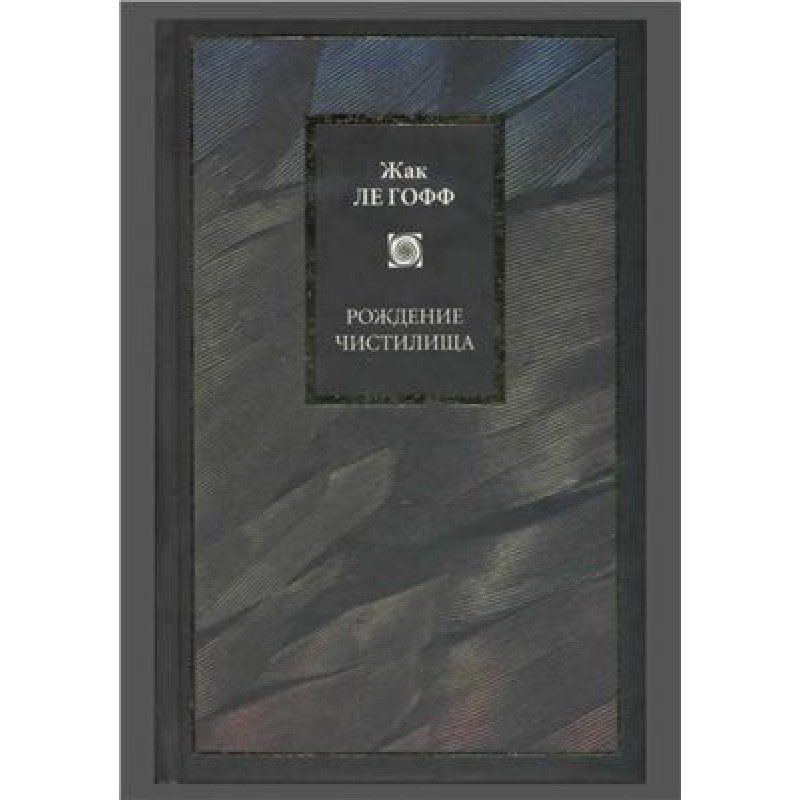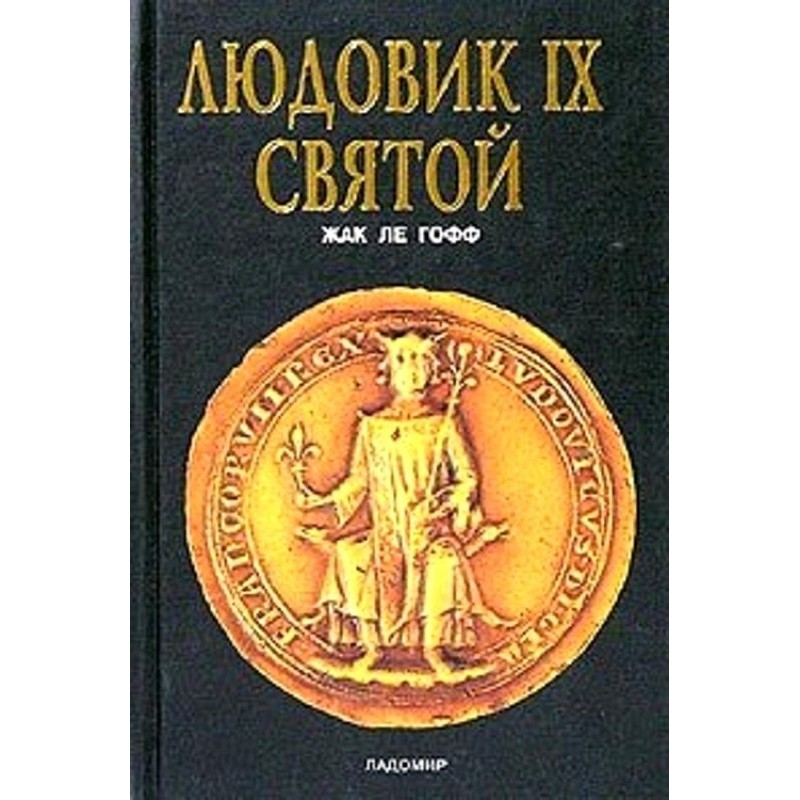Medieval world of the imaginary
 Instant download
Instant download
after payment (24/7)
 Wide range of formats
Wide range of formats
(for all gadgets)
 Full book
Full book
(including for Apple and Android)
The world of the imaginary is present in all societies, in all eras, but at times, thanks to the properties attributed to it, it acquires a special sound. It was this unique, immeasurably important world of the imaginary that surrounded the men and women of the medieval West. The invisible reality was much more reliable and tangible for them than the one they perceived with the help of their senses; they lived immersed in the realm of imagination, striving to comprehend the inner meaning of the world around them, in which, as the Church claimed, the messages of the Lord addressed to them were encrypted - of course, unless their meaning was distorted by Satan. The “Long” Middle Ages, which, according to Jacques Le Goffou, who comes into close contact with our time, will appear before us as a multifaceted and contradictory world of the wonderful. We will learn how at that time people imagined time and space, how they imagined the earthly world and the afterlife, what were the ideas about the body and why they were limited by the rigid framework of ideology, in what symbolic systems and literary metaphors the world and society were conceptualized. Here, following the author of “The Wonderworking Kings,” the historian Marc Bloch, Le Goff poses the question: what place should be given to the world of the imaginary in the process of returning to a renewed political history—to historical and political anthropology? Is it possible to comprehend the world of the imagination using scientific methods, without allowing it to become distorted, or dissolve in vague concepts, or get lost in the labyrinths of the irrational, or fall under the influence of capricious fashion? How to separate the imaginary from the symbolic and ideological, how to clearly define the niche it occupies, and what tools does a historian have to study it? The answers to these questions are contained in the book published today by the French medievalist Jacques Le Goff, who tirelessly advocates for a “different” Middle Ages, to which he devoted all his research talent as a scientist.
Data sheet
- Name of the Author
- Жак Ле Гофф
- Language
- Ukrainian
- Release date
- 2001
Reviews
Складнощі перекладу
Книга "Середньовічний світ уявного" має безумовно цікаву тему, але я зіткнувся з деякими труднощами через якість перекладу. Хоча основні ідеї передані, іноді виникають незрозумілі фрази, які ускладнюють сприйняття тексту. Це може відволікати від основного змісту та заважати повністю зануритися в матеріал. Я вважаю, що книга могла б бути значно кращою, якби переклад був більш ретельно відредагований. Проте, незважаючи на ці недоліки, я все ж знайшов у ній багато цікавих ідей і концепцій, які варто обговорити.
Не зовсім зрозуміло
На жаль, книга "Середньовічний світ уявного" виявилася для мене досить складною для сприйняття. Хоча тематика безумовно цікава, я відчував, що автор іноді занадто заглиблюється в абстрактні поняття, що ускладнює розуміння основних ідей. Деякі розділи виглядали перевантаженими термінами та концепціями, які важко вловити без попереднього знання теми. Можливо, ця книга більше підійде для фахівців у галузі історії, ніж для загального читача. Хоча я ціную зусилля автора, мені хотілося б більше практичних прикладів та ілюстрацій.
Глибоке дослідження уявного
Ця книга стала для мене справжнім відкриттям! Жак Ле Гофф зумів показати, як уявлення людей середньовіччя впливали на їхнє життя, вірування та навіть політичні рішення. Його аналіз уявного, символічного та ідеологічного є надзвичайно глибоким і вражаючим. Я особливо ціную, як автор ставить питання про наукові методи дослідження уявного, що спонукає до роздумів про те, як ми вивчаємо історію. Книга написана доступно, і я рекомендую її всім, хто хоче глибше зрозуміти середньовічну культуру та світогляд.
Вражаюче дослідження середньовічного уявлення!
Книга Жака Ле Гоффа "Середньовічний світ уявного" є справжнім шедевром для всіх, хто цікавиться історією та культурою середньовіччя. Автор майстерно розкриває, як уявлення людей того часу формували їхнє сприйняття світу, надаючи читачеві можливість зануритися в їхню психологію та світогляд. Ле Гофф ставить важливі питання про роль уявного в історії, що спонукає до глибоких роздумів. Книга написана зрозумілою мовою, і, незважаючи на складність теми, читати її легко і цікаво. Рекомендую всім, хто хоче зрозуміти, як уявлення впливають на реальність!

